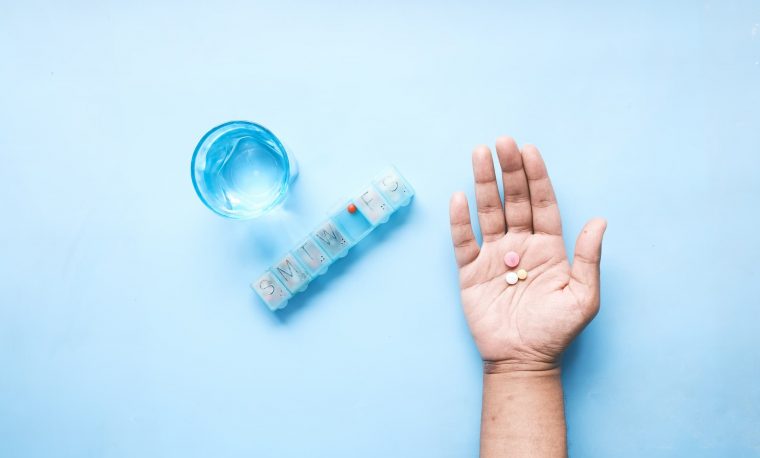Medication
Psychotropic medications are used to treat the symptoms of mental disorders such as schizophrenia, depression, bipolar disorder, anxiety disorders and ADHD. They cannot cure the disorder, but they make people feel better so they can function. Medications are often used alongside other treatments such as psychotherapy.
Choosing the right medication, medication dose, and treatment plan are based on a person’s individual needs and medical situation, and under a Consultant Psychiatrists care.
Medications work differently for different people. Some people get great results from medications and only need them for a short time. For example, a person with depression may feel much better after taking a medication for a few months, and may never need it again. People with disorders like schizophrenia or bipolar disorder, or people who have long-term or severe depression or anxiety may need to take medication for a much longer time.
Side effects can occur with psychotropic medications. Factors that can affect how medications work include:
- Type of mental disorder
- Age, sex, and body size
- Physical illnesses
- Habits like smoking and drinking
- Liver and kidney function
- Genetics
- Other medications and herbal/vitamin supplements
- Diet
- Whether medications are taken as prescribed
Our Consultant Psychiatrists can help you find the right medication for you.
We have a pharmacy within the hospital for your medication requirements. We can arrange for you to speak to our pharmacist regarding your medications.
What should you ask your psychiatrist if they are suggesting psychiatric medication?
You and your family can help your psychiatrist find the right medications for you. They need to know your medical history; family history; information about allergies; other medications, supplements or herbal remedies you take; and other details about your overall health. You or a family member could ask the following questions when a medication is prescribed:
- What is the name of the medication?
- What is the medication supposed to do?
- How and when should I take it?
- What should I do if I miss a dose?
- When and how should I stop taking it?
- Will it interact with other medications I take?
- Do I need to avoid any types of food or drink while taking the medication?
- What are the side effects? What should I do if I experience them?
After taking the medication for a short time, tell your psychiatrist how you feel, if you are having side effects and any concerns you have about the medicine.
Related conditions
- Personality disorders
- Mood disorders
- Memory problems
- Stress
- Suicidal thoughts
- Psychosexual difficulties
- Dual diagnosis
- Psychosis
- Postnatal depression
- Post-traumatic stress disorder (PTSD)
- Schizophrenia
- Sleep disorders
- Obsessive-compulsive disorder (OCD)
- Depression
- Attention-Deficit/Hyperactivity Disorder (ADHD)
- Bipolar disorder
- Anxiety







